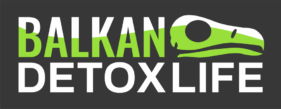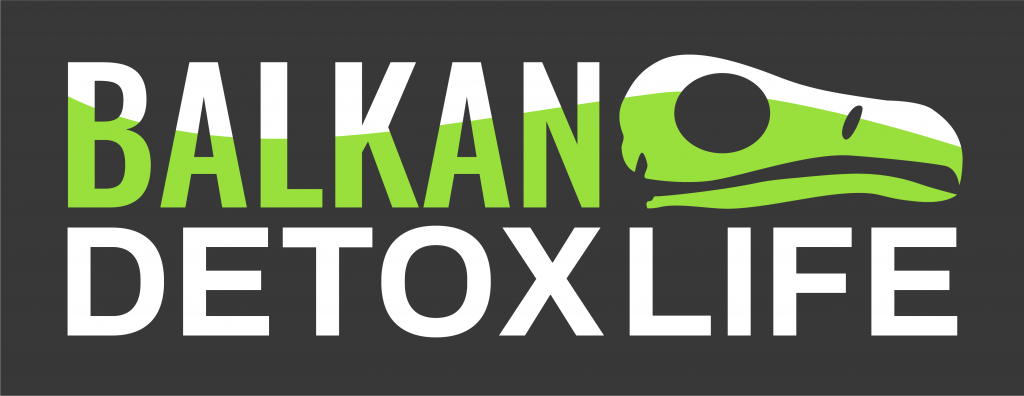BalkanDetox LIFE
Although illegal, poison bait use in the countryside is still widespread, severely threatening nature, wildlife, and public health across the Balkan Peninsula and beyond. The most common motive behind this harmful practice is the intentional placement of poison baits to kill wild predators or other feral and domestic animals that may inflict damages on livestock or game species. But this non-selective method of extirpating animals also kills protected and vulnerable species, causing population declines and preventing the comeback of certain wildlife. Vultures, being mostly obligate scavengers, often fall victim to wildlife poisoning, either by directly consuming the bait or feeding on poisoned animals' carcasses.
Poisoning in figures
Illegal wildlife poisoning is the #1 most pressing conservation issue affecting numerous threatened wildlife species in the Balkans.
A lot of progress has been made to tackle illegal wildlife poisoning in the Balkans, thanks to conservation projects. Now, with the launch of the ambitious BalkanDetox LIFE project, nine organizations will work together to fight this threat by raising awareness and strengthening national capacities across Albania, Bosnia & Herzegovina, Bulgaria, Croatia, Greece, the Republic of North Macedonia and Serbia.
The project is a five-year endeavour with a €1.8 million budget, which received funding from the EU’s LIFE Programme, and it is co-financed by the Vulture Conservation Foundation, the MAVA Foundation and Euronatur, as well as by the Green Fund, Whitley Fund for Nature and Environmental Protection and Energy Efficiency Fund for specific actions. Project partners are the Vulture Conservation Foundation as the coordinating beneficiary, and the Albanian Ornithological Society, Association BIOM, Bird Protection and Study Society of Serbia, Fund for Wild Flora and Fauna, Hellenic Ornithological Society, Macedonian Ecological Society, Ornitološko društvo NAŠE Ptice and the Protection and Preservation of Natural Environment in Albania. Furthermore, this project is based on Spanish best practice experience and counts on the support from Junta de Andalucía and the Ministry for the Ecological Transition and the Demographic Challenge.
PROJECT OBJECTIVES
Build Capacities
Secure real and continued engagement of the relevant national governmental authorities in the region against illegal wildlife poisoning by increasing their capacity and formalizing national anti- poisoning working groups in each project country to improve the management of poisoning incidents and achieve significant mortality reduction of species affected.
Enhance Collaborations
Increase cooperation between governmental institutions and relevant stakeholders through joint engagement within National Anti-Poisoning Working Groups and enhance regional cooperation and information exchange by establishing regional networks of enforcement agents, wildlife forensic pathologists, toxicologists, lawyers and public prosecutors.
Raise Awareness
Bridge knowledge gaps relating to the use of illegal poison baits and its adverse impacts on wildlife to the key target audience, labelling the practice as a socially unacceptable behaviour in the general public's eyes. The project will also inform several poison-bait users in the region about preventive measures as an alternative to poison use.
Reduce poisoning incidents
Decrease the number of wildlife poisoning incidents by 20% at the end of the project as a product of raising awareness among the general public about the illegal use of poison in the environment and the danger it represents to human health and wildlife, as well as enforce legal consequences of this action in each target country.
The BalkanDetox LIFE Project
Threat of Illegal Wildlife Poisoning
Griffon Vulture GPS Movements
Wildlife Crime Academy
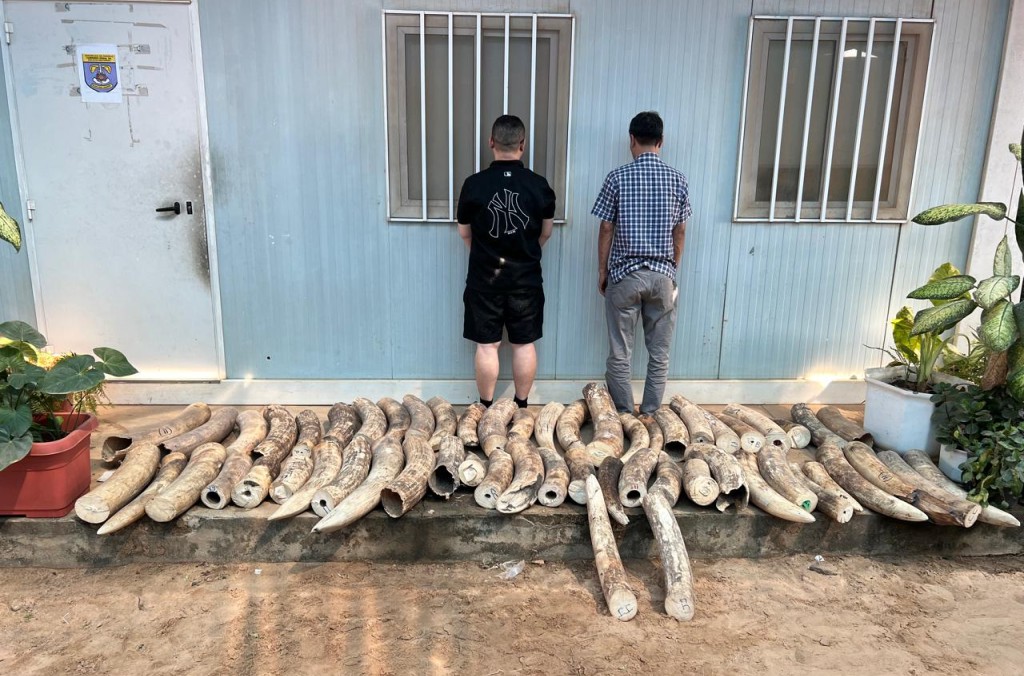
Operation Thunder 2025 by Interpol seizes nearly 30,000 live animals
- January 15, 2026·
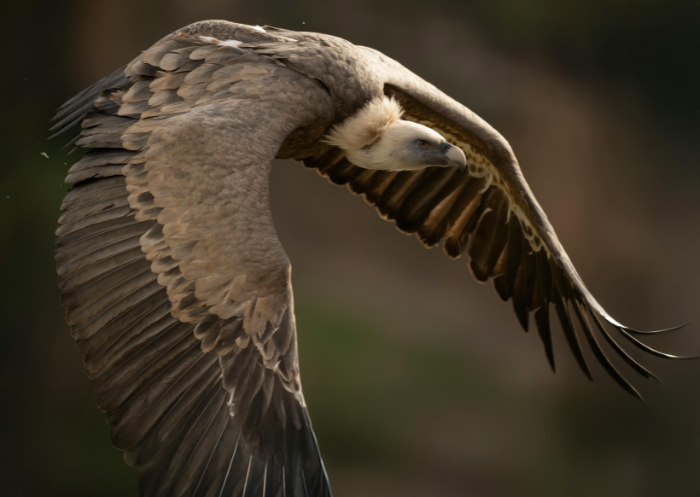
BalkanDetox LIFE: The Balkans’ 2025 response to wildlife poisoning
- December 18, 2025·
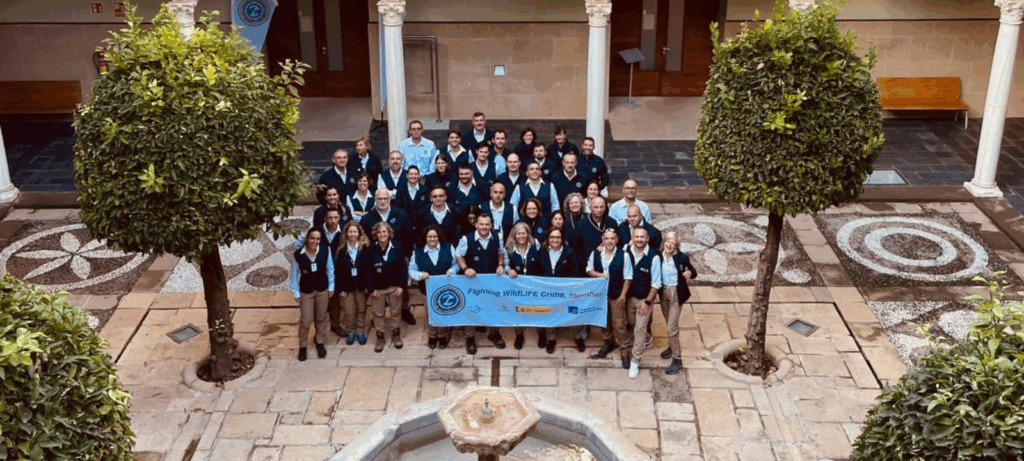
Wildlife Crime Academy expands network of advanced investigators with Cohort 3
- November 26, 2025·
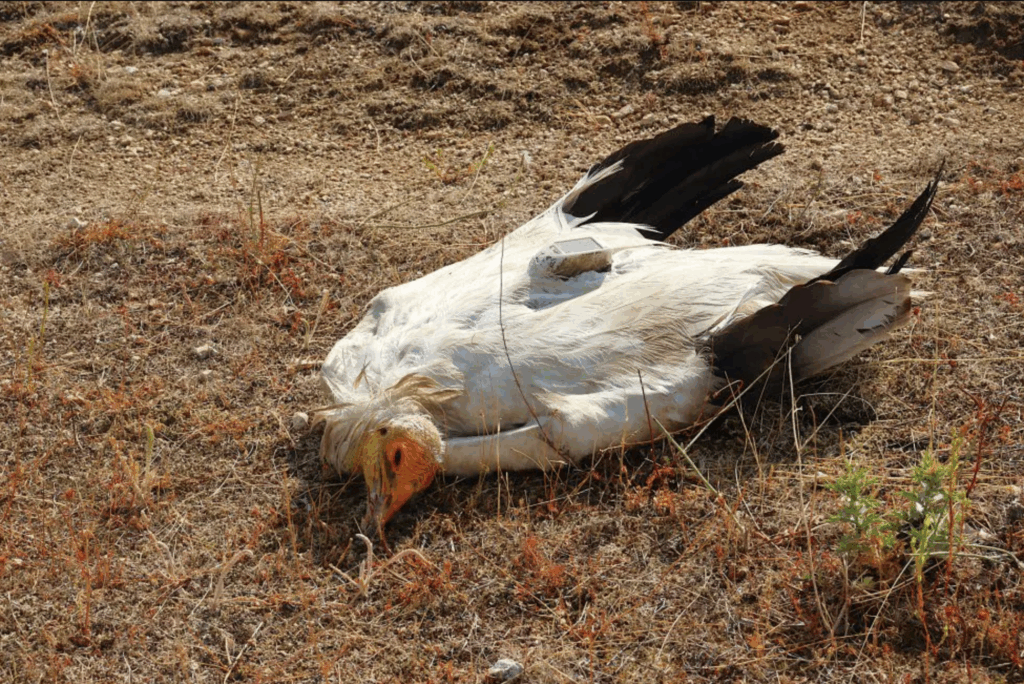
Second Egyptian Vulture poisoning in Bulgaria this year leaves one dead and a chick rescued
- August 14, 2025·
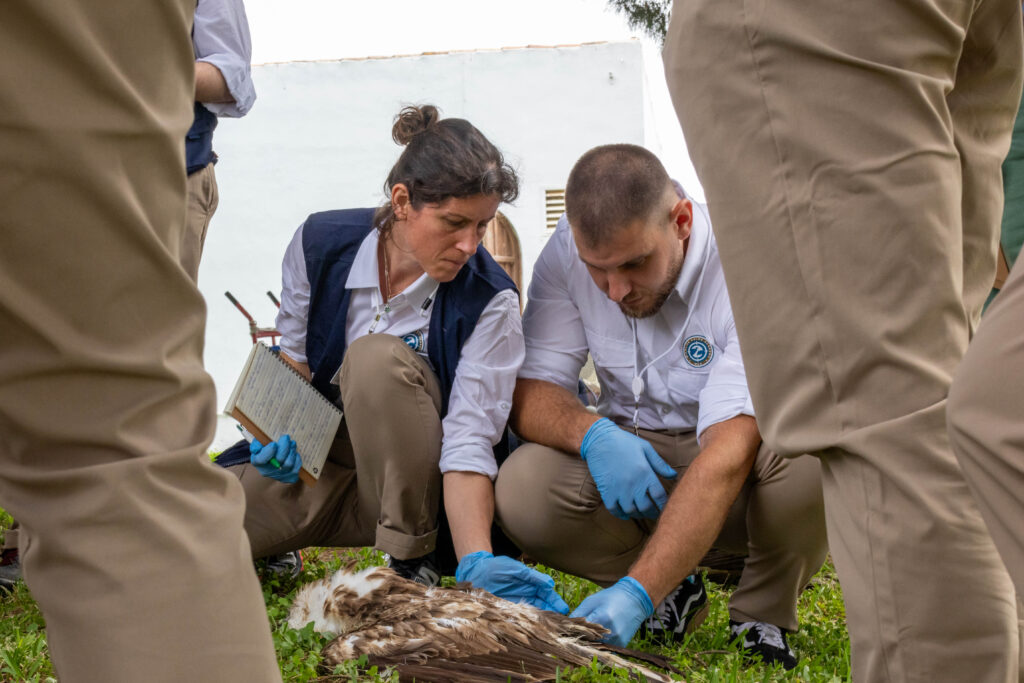
Wildlife Crime Academy strengthens regional enforcement with new training of third cohort
- June 25, 2025·
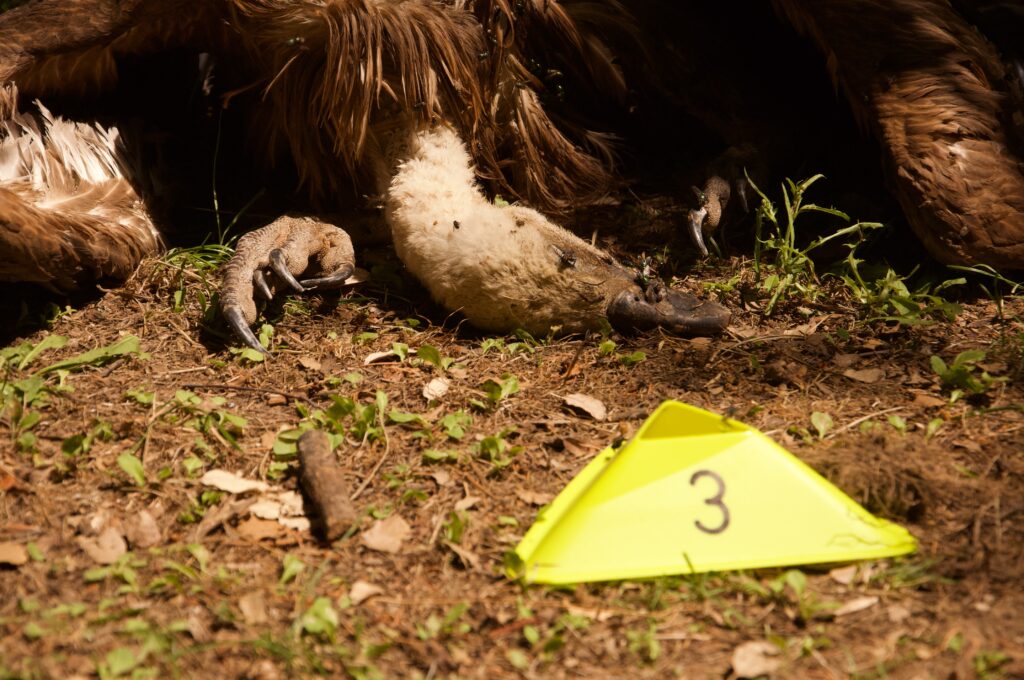
What works (and what doesn’t) when communicating about wildlife poisoning in the Balkans
- June 6, 2025·
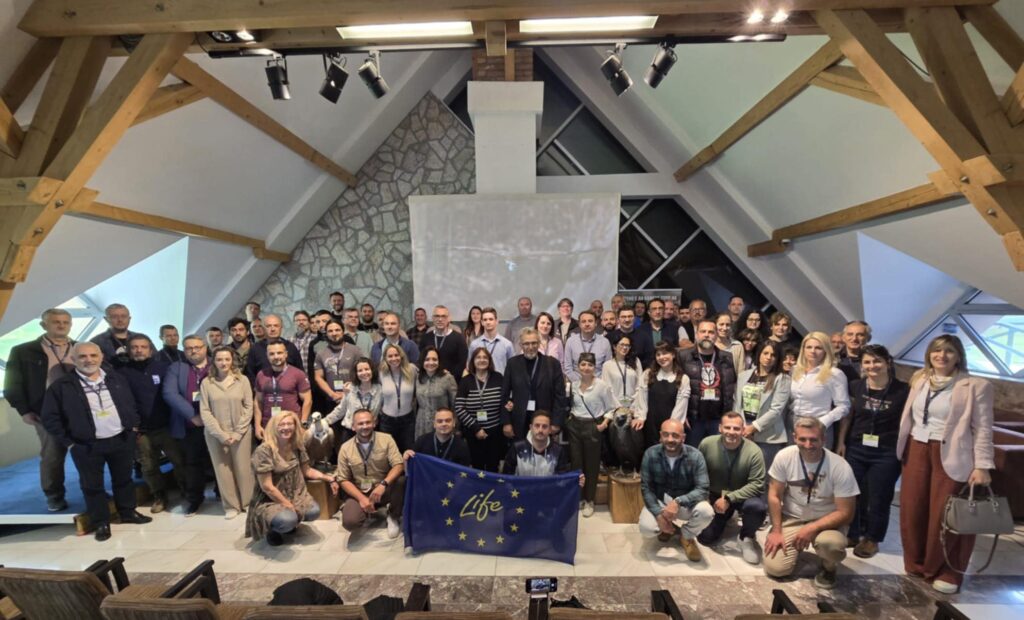
Wildlife poisoning in the Balkans: Situation, milestones and the road ahead | BalkanDetox LIFE Closing Conference
- May 29, 2025·
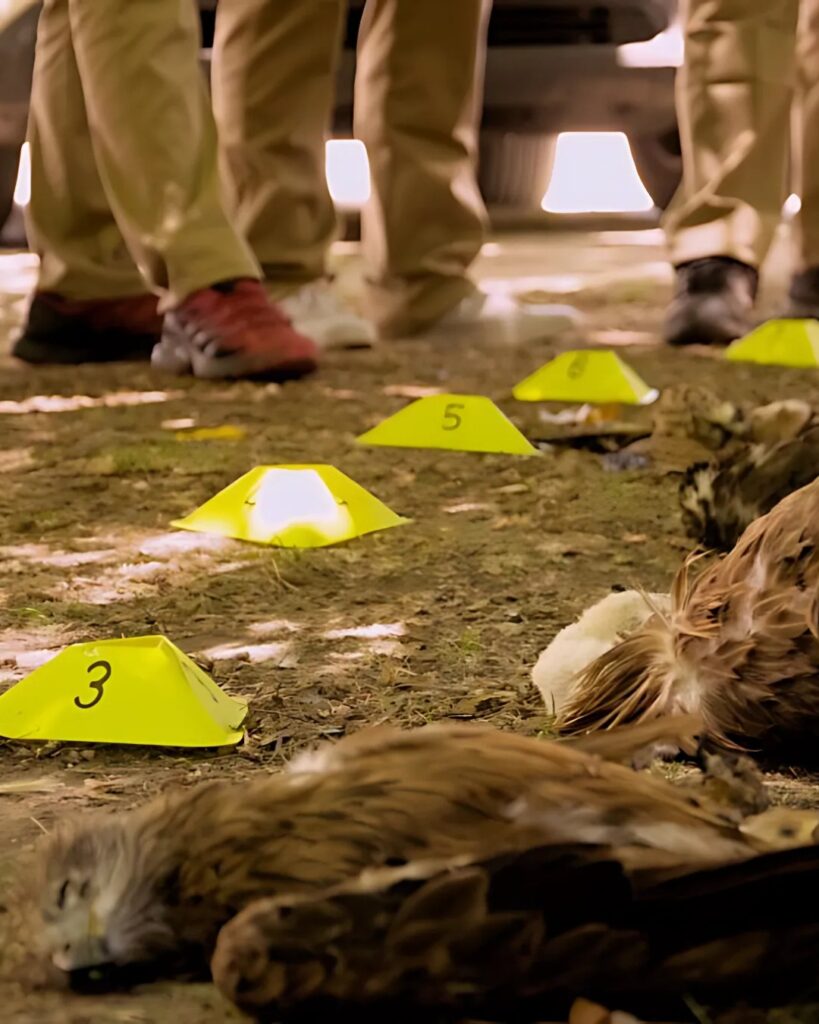
A huge win for wildlife in Albania: Action Plan against poisoning finally approved!
- April 30, 2025·
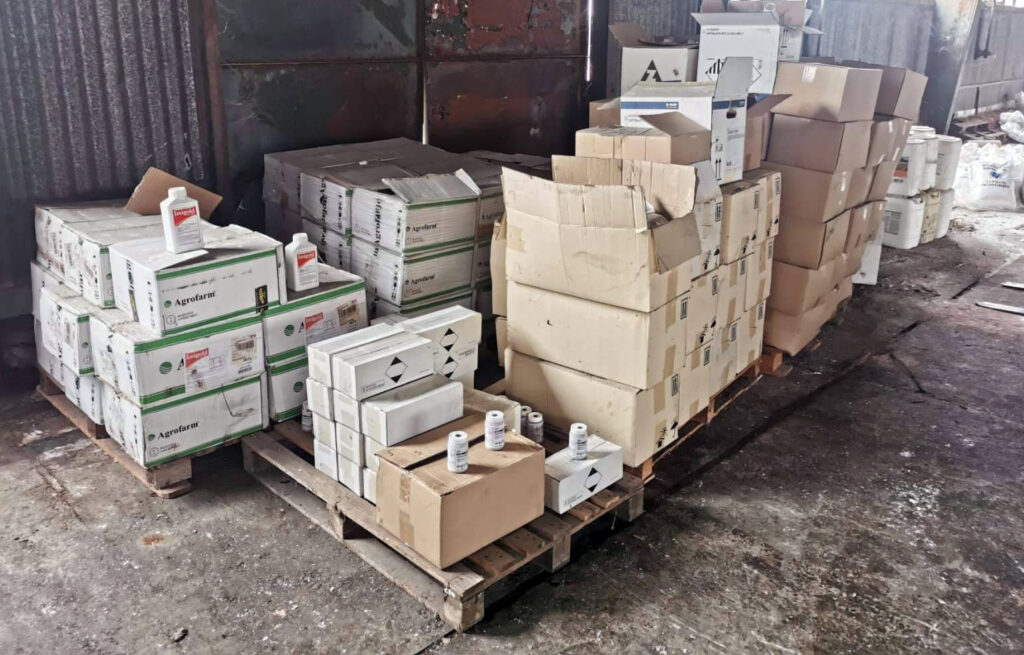
Serbia’s crackdown on the illegal pesticide trade yields immediate results
- March 20, 2025·
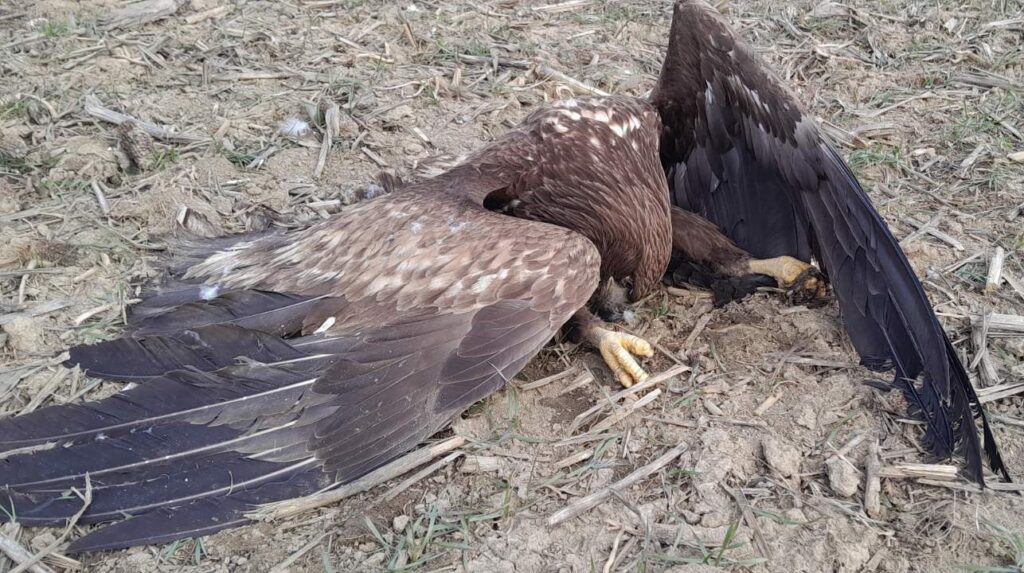
New wave of poisoning: Birds of prey in Serbia are fighting for their survival
- March 7, 2025·

Poison is still widespread in Europe – and has a huge biodiversity impact
- March 5, 2025·
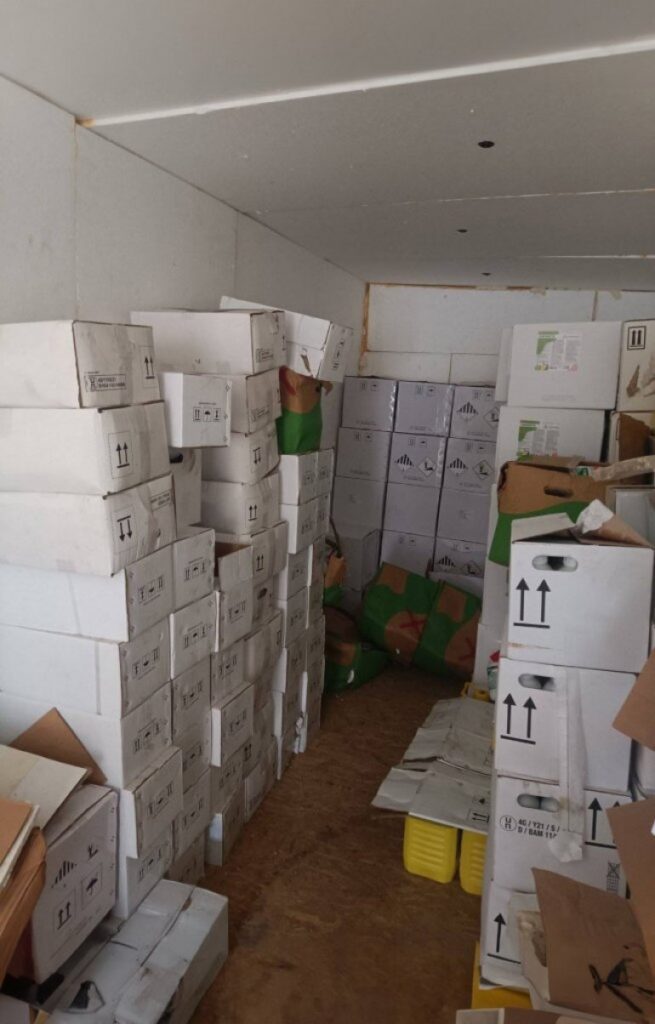
Major arrest in Serbia exposes black market pesticide trade threatening Balkan wildlife
- February 27, 2025·
